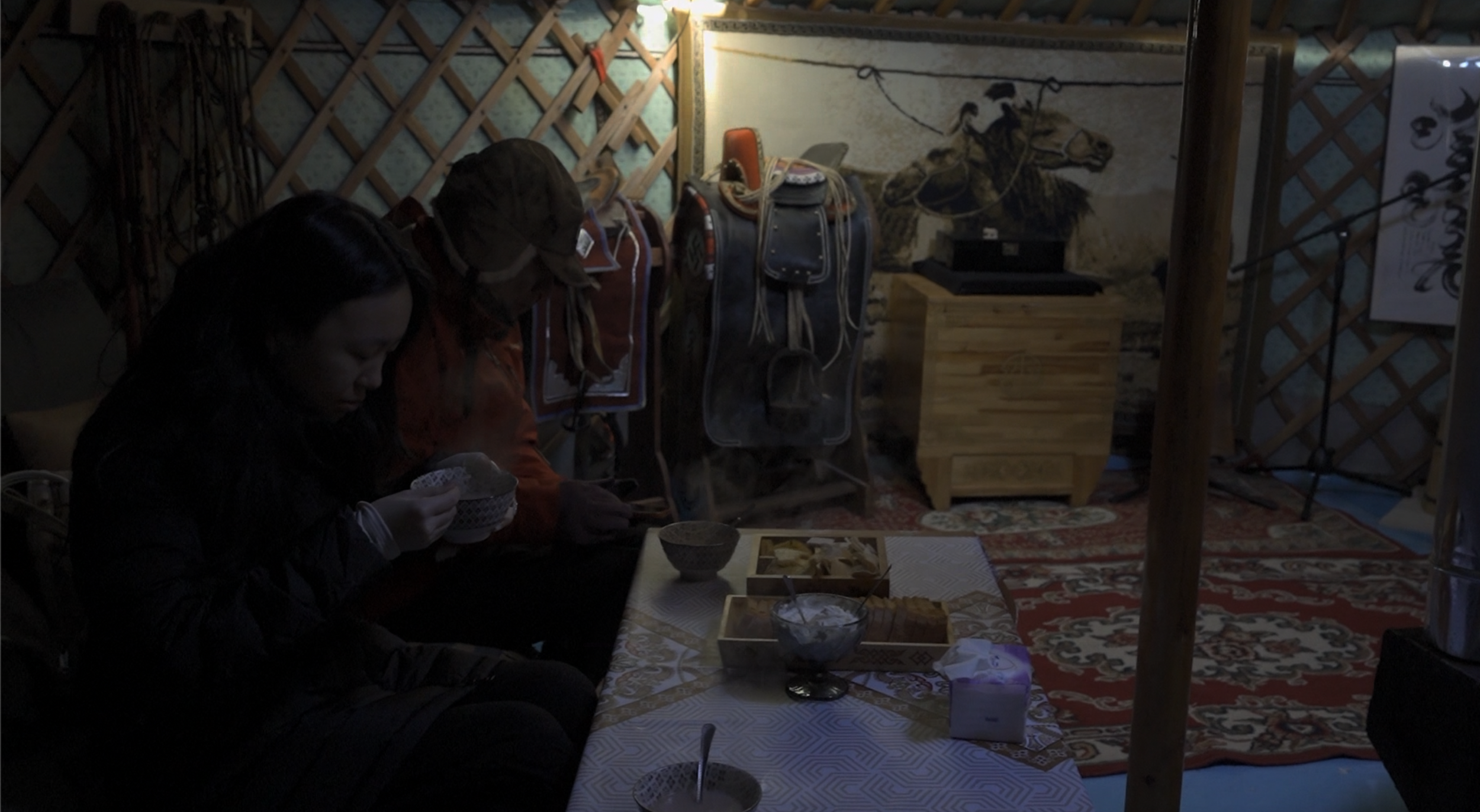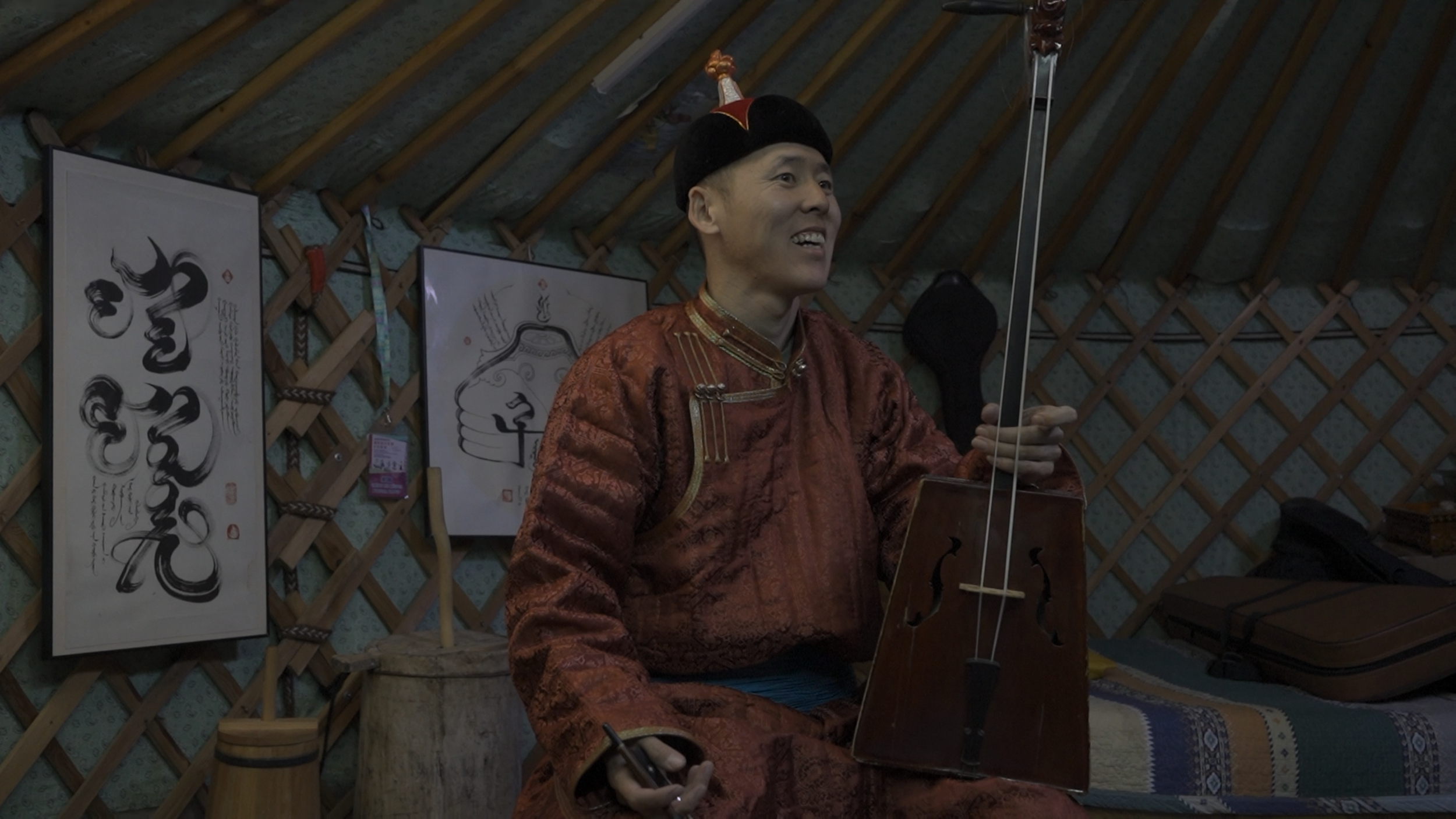
Discover and Embrace Otherness
The Alternate Volume
是社会主流民族意识形态的替代卷,是面对主导文化的侵略的不屈服。
为不受欢迎的想法发声,为自己发声。
Who are we?
We are a student led account and platform created by students belonging to ethnic minority communities in China. Growing up attached to the Inner Mongolia Autonomous Region, we want to make an effort to preserve and record our experiences in and feelings of our communities and homeland.

Why are we here?
This platform aims to spread information about the current state of ethnic minorities in China. By physically and virtually connecting with ethnic minorities, this platform compiles a series of articles, interviews, and commentaries that reflect the experiences of ethnic minorities.
Why is this an important issue in China?
The Chinese nation is one of the most ethnically diverse nations in the world. The country has recognized 56 ethnic groups that are spread across the country. However, despite the country’s ethnic diversity, the country is dominated by the majority of Han people, who make up 92.5% of the total population. The 55 ethnic minorities of China add up to 7.5% of its total population.
The government disproportionately represents the interests of the Han ethnicity, as most of the government is dominated by Han officials. The government’s desire to form a strong and cohesive national identity has led to the country putting an emphasis on stressing nationality before ethnicity. In spite of the said formation of an inclusive national identity, given that the population is overwhelmingly ethnic Han people, the Chinese nationality is to a large extent characterized by the Han identity. As a result, such nationalism has given rise to Han Chauvinism, internal orientalism, and systemic marginalization of ethnic minorities.
All ethnic groups should always put the interests of the Chinese nation before their interests; individual ethnic consciousness should be subordinated to and serve the Chinese nation's communal interest.
— Xi Jinping, National Working Conference on Ethnic Affairs, 2021

What do we provide?
-
We have compiled an extensive collection of stories of different minorities in China, each featuring unique challenges that they face as they navigate the complex socio-political landscape of a Han dominated society.
-
In our RED account, there are video interviews of minorities as we listen to them tell their stories.
-
We are working on a memory map to capture Mongolian heritage. This vast community is unique for its geographic location and relationship with the government. While it is determined to maintain its uniqueness, the community focuses on passively resisting government efforts to homogenize culture, instead of relying on more aggressive and violent ways. As a result, the culture falls into an interesting category where there has been resistance but the government has not antagonized it to the extent that the government needs to deal with it the same it it treats Xinjiang and Tibet.
Erasing Identity: China’s Education Reforms Attempt to Silence Mongolian Culture
How can the loss of language erase an identity? Language is a communication tool used on a daily basis. Aside of its utilitarian function, language is also the carrier of cultural information, it symbolizes the survival of heritage, and indicates the vitality of a culture. In 2020, China reformed the education system in Inner Mongolia, abolishing the compulsory education of Mongolian language in Mongolian schools. Threatening parents with their jobs, the government has successfully established the dominance of mandarin in all ethnic communities.
Tradition to Transformation: the Cultural Alchemy of Ethnic Tourism in UNESCO’S Heritage Mountain — Jingmai
Jingmai mountain - the world’s first UNESCO intangible cultural heritage about tea. How do the ethnic minorities in Jingmai interact with the local government and tourists? What parts of the mountain has ethnic tourism changed?
A Fire that Renewed Culture — Wengding Village
How did a fire destroy a community’s culture?
The fire of 2021 tore down the houses of Wengding people, but more importantly, it renewed their culture.



